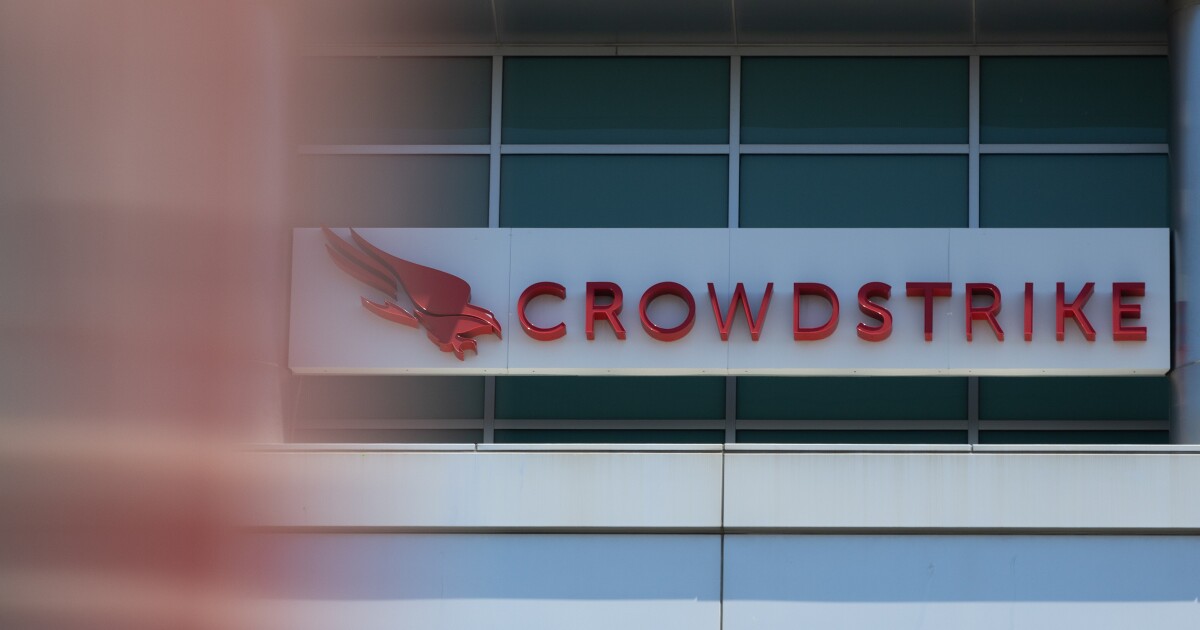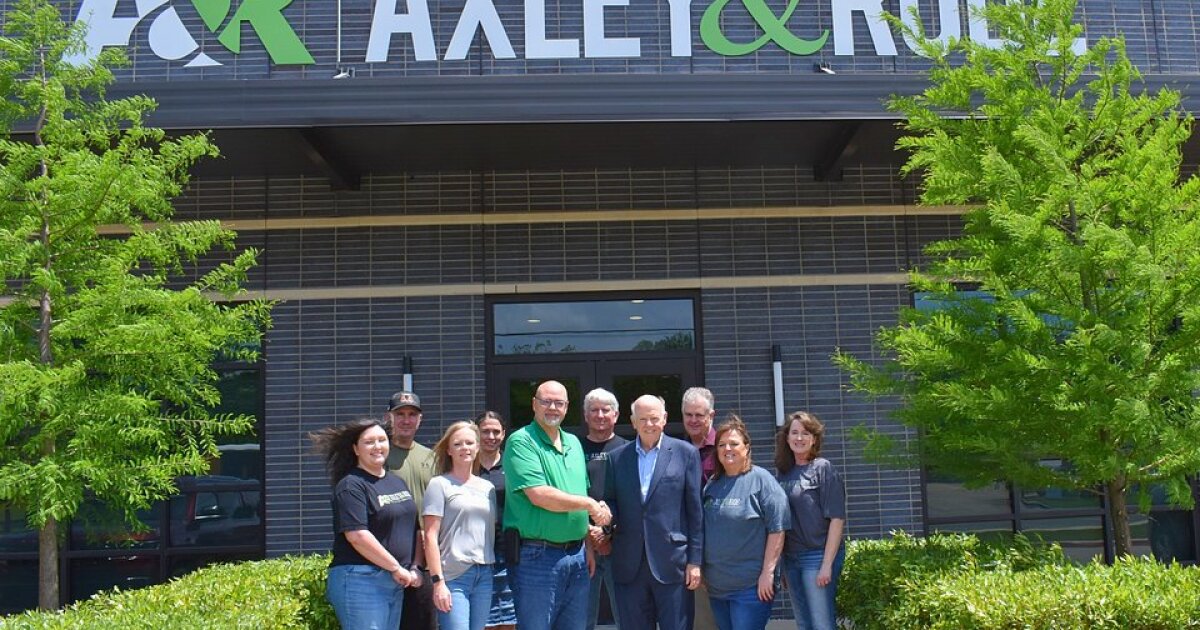There are 340,000 fewer accountants than just five years ago. At the same time, the need for accountants is greater than ever. According to a recent survey by Intuit QuickBooks, 68% of accountants have reported a growing demand for their services.
Accounting firms are struggling to meet this demand, and they’re turning away work. As a result, many small businesses can’t afford a CPA, which harms our economy. Without access to financial advice, small businesses suffer and many fail.
Our job as CPAs is to protect the public — it’s in the name “Certified Public Accountant.” But we can’t protect the public if there aren’t enough qualified accountants to do the job.
The talent shortage is a problem that’s catching up with us, and we can’t ignore it anymore.
So, what’s causing the shortage? There are many factors, but one of the most obvious and well-studied is the 150-hour rule. Since its introduction in the late ’80s, the 150-hour rule requirement has been adopted by all 50 states and U.S. territories, with the U.S. Virgin Islands being the last to implement it in 2015.
In effect, the 150-hour rule is a required fifth year of college, often in the form of a master’s degree, and it’s proven to be a significant barrier to attracting new talent into the profession.
The rulemakers intended to raise standards and ensure CPAs acquired the right skills and knowledge to meet client needs. It was also implemented during a time of surplus talent — we had plenty of CPAs.
Forty years later, the situation has changed. The rule is discouraging many students from pursuing an accounting career. We’re seeing the lowest number of CPA exam candidates since 2006.
Limited access for underrepresented groups
Accounting has historically been one of the most reliable pathways into the upper-middle class. But that path is becoming less clear. That’s because we’ve tied success in our profession to an increasingly expensive system of traditional higher education.
The 150-hour education requirement is the equivalent of a five-year degree. While it’s “only” one additional year of schooling, it puts a significant financial strain on students and their families. It also delays entry into the workforce and the ability to start earning a salary, adding considerable opportunity cost to becoming a CPA.
For many aspiring CPAs, the additional education may not make economic sense compared to a four-year degree in a different business major.
The 150-hour requirement’s rigid structure also offers little flexibility. It’s not ideal for neurodiverse students who struggle in traditional learning environments. Many of these students benefit more from hands-on experience with the space to learn at their own pace than a lecture-based classroom model used in most traditional accounting education programs.
The 150-hour rule also limits our profession’s diversity. A recent study published in the Journal of Accounting Research found that the 150-hour requirement led to a 26% decline in the entry of minority CPAs, compared to a 14% decline for non-minority CPAs. These individuals are no less capable of becoming skilled and respected accountants, yet the current requirements often hold many back due to cost.
What’s the alternative?
We must consider alternatives to the 150-hour rule to improve the accountant talent pipeline. A pathway to a bachelor’s degree paired with two years of practical experience appeals to a more diverse range of candidates while lowering the financial barriers that hold them back from entering the field. In our profession, practical experience often proves to be more valuable than time in a classroom.
To maintain high standards, we should focus on making the CPA exam more rigorous rather than relying on an extra year of schooling to measure competency.
We’re already seeing some states take action. Ohio made the first move in 2025 to abolish the 150-hour rule and offer alternative pathways to CPA licensure, which will take effect in 2026. Virginia also just passed similar legislation.
Minnesota is also considering a bill amendment to create an alternative path to CPA licensure. The amendment would allow students to complete 120 semester credit hours from an accredited school to be eligible for CPA certification, with two years of professional experience and passing the CPA exam. South Carolina is implementing similar changes.
These efforts reflect the growing recognition that the accounting profession must adapt to meet the needs of a modern, more diverse workforce.
If you’re a part of the accounting community or are considering becoming a CPA, now is the time to stay informed of upcoming changes in your state and help push the profession into the future. Engage with your local state representatives to discuss alternatives to the 150-hour education requirement and push for much-needed change.
Together, we can create and support a diverse and inclusive pool of highly skilled and knowledgeable professionals ready to lead a new era of accounting.


 Economics1 week ago
Economics1 week ago
 Accounting1 week ago
Accounting1 week ago
 Blog Post4 days ago
Blog Post4 days ago
 Economics1 week ago
Economics1 week ago
 Personal Finance1 week ago
Personal Finance1 week ago
 Economics6 days ago
Economics6 days ago
 Personal Finance1 week ago
Personal Finance1 week ago
 Finance1 week ago
Finance1 week ago












